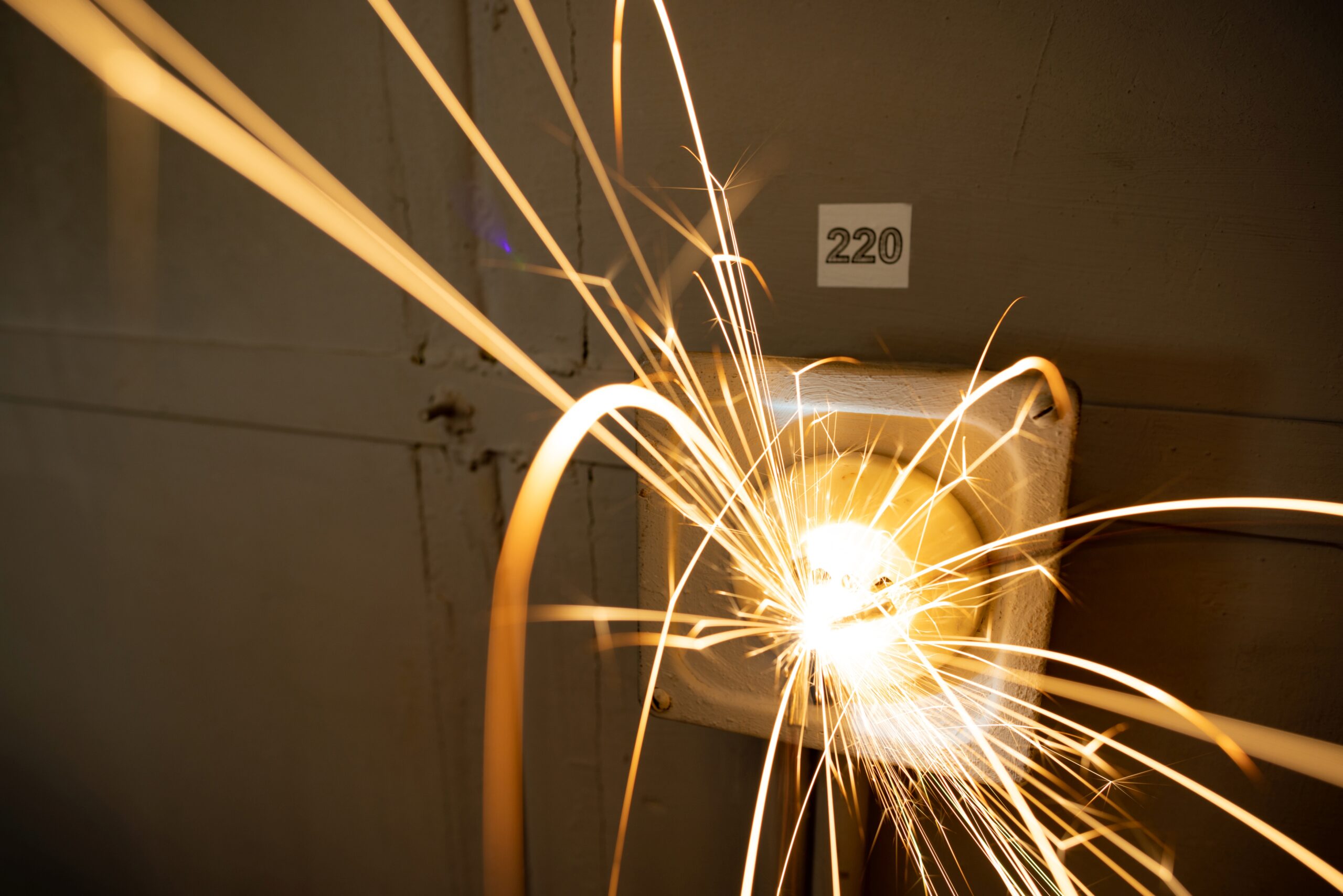Electrical systems are the backbone of every modern building. Whether it’s a home, office, or industrial facility, these systems ensure functionality, safety, and comfort. But electrical systems, like any other infrastructure, require consistent upkeep. Ignoring maintenance can lead to costly repairs, safety hazards, and operational disruptions. This is where electrical maintenance servicescome in.
From identifying hidden issues to extending the lifespan of your equipment, electrical maintenance is a proactive way to protect your investment. In this comprehensive blog, we’ll explore the importance of electrical maintenance services, their benefits, and how to implement a strategic maintenance plan for long-term reliability.
Understanding Electrical Maintenance Services
Electrical maintenance services refer to the ongoing care, inspection, testing, and repair of electrical systems to ensure they operate efficiently and safely. These services are performed by licensed electricians and involve everything from routine checks to advanced diagnostics and repairs.
Proper maintenance prevents electrical failures, reduces risks, and ensures compliance with electrical codes. This applies to residential, commercial, and industrial electrical systems.
Why Are Electrical Maintenance Services Important?
Electrical maintenance services play a critical role in minimizing risks, improving system reliability, and ensuring operational efficiency. Regular maintenance identifies issues before they escalate, saving time, money, and energy.
What Are the Consequences of Neglecting Maintenance?

Neglecting electrical maintenance can lead to serious consequences:
- Frequent Electrical Failures: Components like circuit breakers, transformers, and wiring degrade over time, leading to system failures.
- Costly Emergency Repairs: Unplanned downtime and repairs are often more expensive than preventive maintenance.
- Safety Risks: Faulty systems can cause electrical fires, shocks, or equipment damage.
- Energy Inefficiency: Poorly maintained systems consume excess power, driving up utility bills and increasing carbon footprints.
Benefits of Professional Electrical Maintenance Services
Investing in professional maintenance services ensures that your electrical systems operate at peak performance while minimizing risks.
Enhanced Safety
Professionally maintained systems are safer to use. Trained technicians inspect components like wiring, panels, and outlets for signs of wear, corrosion, or overheating, reducing the risk of fire or electrocution.
Improved Equipment Longevity
Maintenance prevents minor issues from escalating into major problems, extending the lifespan of essential components such as:
- Circuit breakers
- Transformers
- Generators
- Electrical panels
Cost Savings
Preventive care reduces the frequency of costly repairs and unplanned downtime. A proactive approach ensures your systems remain operational without breaking the bank.
Compliance with Electrical Codes
Professional services ensure that your systems meet local and national safety regulations, protecting you from legal or insurance complications.
Types of Electrical Maintenance Services
Electrical maintenance encompasses various approaches tailored to different needs. These include preventive, predictive, and corrective services.
Preventive Maintenance
Preventive maintenance involves scheduled checks and minor adjustments to ensure optimal system performance. Key tasks include:
- Wiring Inspections: Detect frayed or outdated wiring that could pose risks.
- Load Testing: Assess whether circuits are handling their intended loads safely.
- Equipment Calibration: Fine-tune equipment to manufacturer specifications.
Predictive Maintenance
Predictive maintenance uses data and advanced technology to predict potential failures. This minimizes downtime and optimizes repair schedules. Examples include:
- Thermal Imaging: Pinpoints hot spots in panels or connections that indicate potential failures.
- Vibration Analysis: Identifies irregularities in rotating machinery, such as motors.
- Performance Tracking: Monitors energy consumption to detect inefficiencies.
Corrective Maintenance
Corrective maintenance is performed after a fault is detected. It involves repairs or replacements to restore functionality. Common corrective tasks include:
- Component Replacement: Faulty outlets, switches, or capacitors are swapped out.
- Fault Detection: Troubleshooting issues like short circuits or ground faults.
Common Electrical Problems That Require Maintenance
Electrical issues can arise in any system, but some problems are more prevalent.
Flickering Lights
Flickering lights may signal loose connections, overloaded circuits, or issues with power quality. A technician can inspect and resolve these underlying causes.
Tripping Circuit Breakers
Frequent trips often indicate overloading or faults in appliances. Maintenance ensures circuits are properly sized and functional.
Warm or Sparking Outlets

Warm outlets or visible sparks are red flags for wiring issues. Immediate attention prevents fire hazards.
Buzzing Sounds
Buzzing noises from outlets or panels often result from loose wiring or excessive current flow. Maintenance addresses these issues before they worsen.
High Energy Bills
Spikes in energy consumption can indicate inefficiencies in the system. Maintenance optimizes performance and reduces unnecessary energy usage.
How to Choose the Right Electrical Maintenance Provider
Selecting a qualified provider ensures your systems receive top-notch care.
Look for Certification and Licensing
Only work with certified and licensed electricians who adhere to industry standards and local regulations.
Check Reviews and References
Customer testimonials, ratings, and case studies provide valuable insight into the provider’s reputation and expertise.
Evaluate Their Expertise
Choose a provider experienced in your specific industry or system type, whether residential, commercial, or industrial.
Ask About Maintenance Plans
A provider offering flexible and tailored plans demonstrates a commitment to meeting your needs.
Steps to Implement a Maintenance Plan
A structured maintenance plan ensures consistency and accountability.
Conduct an Initial Assessment
Start with a comprehensive system inspection to establish a baseline and identify immediate concerns.
Develop a Maintenance Schedule
Work with your provider to set a routine schedule for inspections, tests, and repairs.
Prioritize Critical Components
Focus on high-risk or high-value components, such as breakers, transformers, and control panels.
Track Maintenance Records
Keep detailed records of all maintenance activities for compliance, audits, and future reference.
Essential Key Takeaways for Enhanced UnderstandingKey Takeaways
Reliable electrical maintenance services are essential for ensuring the safety, efficiency, and longevity of your systems. By addressing small issues before they escalate, maintenance saves time, money, and energy while minimizing safety risks.
Working with a professional provider streamlines the process, ensuring compliance with regulations and tailored solutions for your specific needs. Whether it’s preventive, predictive, or corrective maintenance, these services are a smart investment in your peace of mind.
People Also Ask
How do I know if my electrical system needs maintenance?
Look for warning signs like flickering lights, tripping breakers, buzzing noises, or warm outlets. Routine inspections can also uncover hidden issues.
How often should electrical maintenance be performed?
For most systems, annual or semi-annual maintenance is recommended, but high-demand systems may require more frequent checks.
What tools do electricians use during maintenance?
Technicians use tools like thermal imaging cameras, multimeters, and insulation testers to diagnose and maintain systems.
Can electrical maintenance improve energy efficiency?
Yes, optimizing system performance reduces energy waste, leading to lower utility bills.
Is electrical maintenance required for new systems?
Yes, even new systems benefit from routine checks to ensure optimal performance and compliance with codes.
Trusted Electrical Maintenance Solutions for Your Home or Business
Keep Your Electrical Systems Safe and Reliable with Boca Electrical Services, Inc.
Don’t let electrical problems disrupt your home or business. At Boca Electrical Services, Inc., we specialize in keeping your systems safe, efficient, and up to code with our trusted electrical maintenance services. Whether you’re in need of residential electrical repairs, commercial installations, or upgrades like electrical panel enhancements, our experienced team is here to deliver unmatched expertise and reliability.
Visit our website to learn more about the tools and strategies mentioned in this article or explore additional services like surge protector installations, chandelier setups, and ceiling fan reinstalls. Need personalized advice or immediate assistance? Contact us today for a free home safety inspectionand let us show you why Boca Raton and South Florida homeowners and businesses trust us for over 38+ years of exceptional service.
Get in Touch Today!
📍 Address:158 NW 16th St #2, Boca Raton, FL 33432, United States
📞 Phone:+1 561-235-2513
🌐 Website:Visit Boca Electrical Services, Inc.